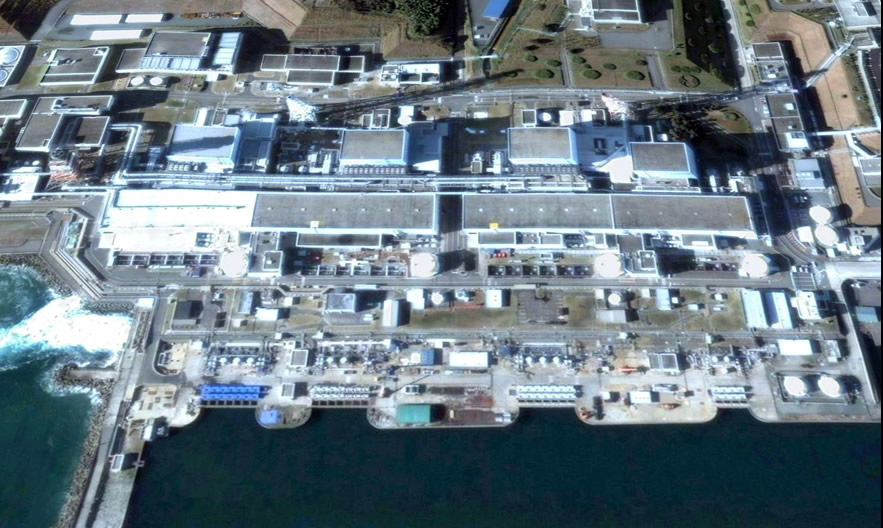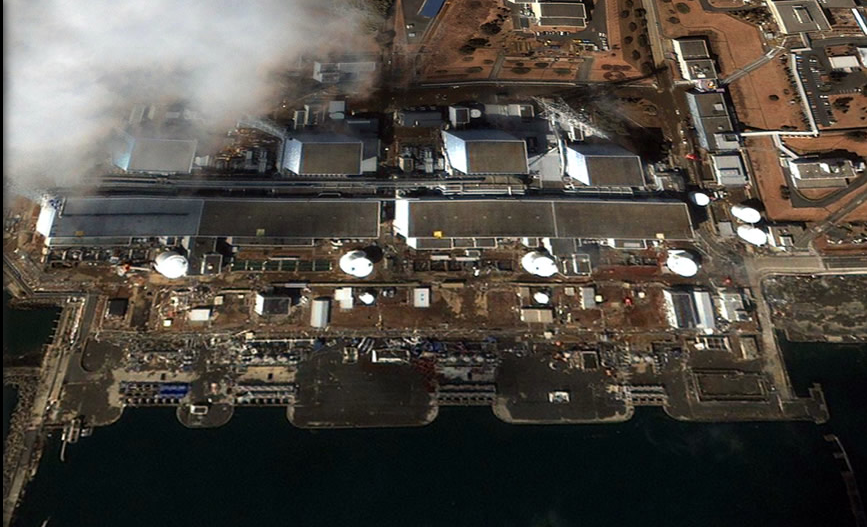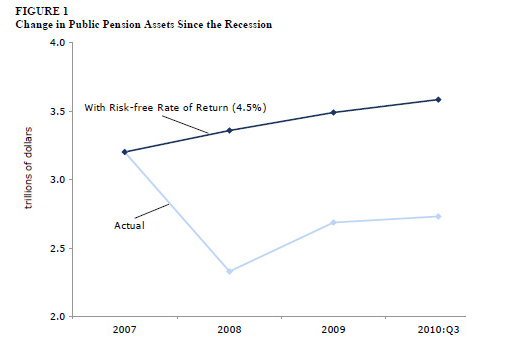If you’d like to use the wayback machine, here is an interesting follow up to my post of 30 November 2009 regarding the fake Climategate fiasco.
In the intervening period, three separate investigations have cleared everyone at the University of East Anglia and everyone they were in contact with at other universities of the claim that, “climate scientists had tampered with data to support evidence of global warming.” Furthermore, the investigations pretty much showed exactly what I suspected was going on in my earlier post. So, no conspiracy, no lost data showing climate change isn’t real, and no illegal or unethical acts on the part of climate scientists. But there’s a kicker.
It turns out that leaking of massive amounts of documents can occur to both sides of an issue. And one of those parties (the US Heartland Institute) on the climate change denial side that was party to a number of the FOIA hassling requests to the climate scientists has just had a bunch of its internal documents leaked to the public. And they show some pretty interesting stuff such as:
• the desire to identify and fund science writers to attack Intergovernmental Panel of Climate Change reports;
• fundraising and development of communications strategies to counter “warmest” science (because they always have to have a catchy name to call people – actual science would really be sufficient);
• planning to develop school curriculum material to counter an alleged “alarmist perspective” by teachers; and
• lobby against the well known “liberal-bias” to maths*
The Heartland Institute has already admitted the authenticity of the documents while saying that someone purporting to be from the Institute duped someone from there into emailing them to the requestor. See how hard it is to keep a conspiracy a secret, even when one really exists?
Now if we “cui bono” (follow the money) as I am a big fan of, we find that the largest contributors of the Heartland Institute are our friends the Koch Brothers (not pronounced cock, although I understand the confusion) and Altria (tobacco) and Reynolds American (also tobacco). Nice to see where $7.8 million a year comes from. Good thing they don’t waste much of that on information security and will email out lost of confidential stuff to anyone who claims to be a member.
Pity though, that the actual scandal over this revelation will not make even a minor ripple in the mainstream news, as opposed to the fake scandal of before. But the truth is, much of what should be the independent media is also in the pocket of the right wing authoritarians that fund climate change denial.
But for the time being, we can enjoy any little victory that comes.
* OK, I made this last one up in this context, but it’s generally something they believe.




